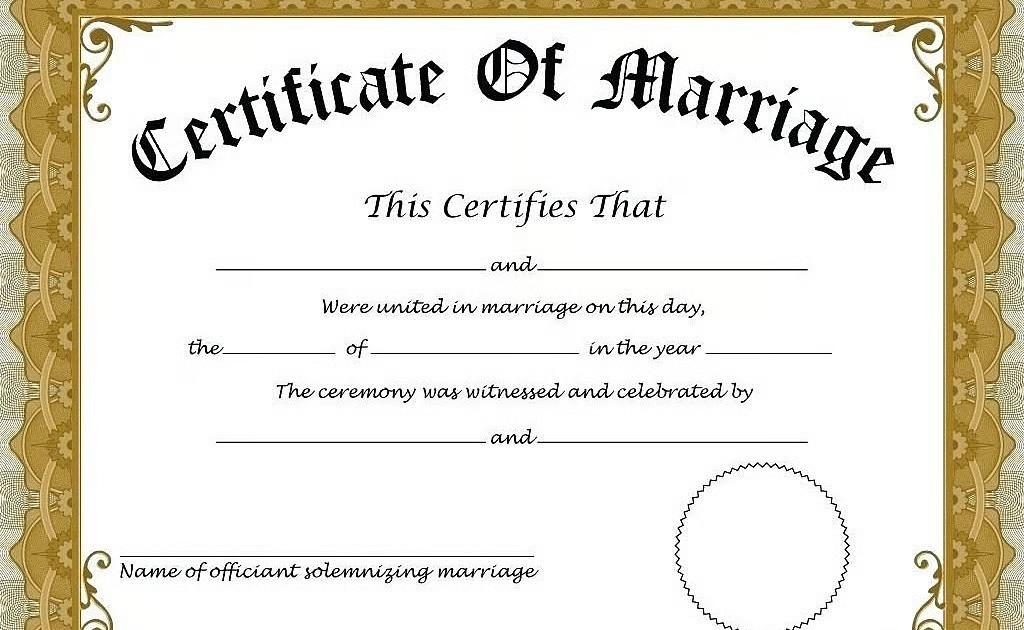Notifications

6 minutes, 35 seconds
-38 Views 0 Comments 0 Likes 0 Reviews

Proof of relationship is important when it comes to legal matters: Marriage Certificate, whether you're applying for a pension, guardianship, inheritance, or visa. Saying "This person is my spouse, child, or sibling" is not enough. To support it, you need legal documentation.
What, then, is evidence of a relationship? How do you obtain it? Let's get started.
Proof of relationship is any official document or evidence that confirms a biological, marital, adoptive, or legal connection between two individuals.
It's commonly required in:
Immigration or visa applications
Inheritance or property claims
School admissions
Pension or government benefits
Court proceedings (like custody or guardianship)
Legal systems rely on documents, not verbal claims. If you can’t prove a relationship legally, you might:
Lose rights to inheritance
Be denied a visa or dependent status
Be excluded from family benefits
Face delays or rejection in court matters
Let’s look at real-world cases where this comes up:
|
Scenario |
Document Required |
|
Applying for a family visa |
Birth certificate, marriage certificate |
|
Inheritance or property claim |
Family registration, CNICs, succession certificate |
|
Adoption proceedings |
Legal adoption papers |
|
Pension claims for deceased spouse |
Marriage certificate, death certificate |
|
Guardianship cases |
Guardianship certificate, affidavits |
|
School admission for a child |
Birth certificate, parents' ID |
Depending on the relationship, different documents can be used:
This is the most basic and widely accepted document to prove:
Parent-child relationship
Date of birth and legal name
Parental identity
Used to prove:
Legal spousal relationship
Date and place of marriage
Spouse’s identity
In countries like Pakistan, the FRC from NADRA serves as official proof of family connections. It lists:
Husband and wife
Children
Parents
It’s essential for visa cases, embassies, and property matters.
If a child is adopted legally, this document proves the parental relationship.
Often used to confirm identity and familial links (when addresses or family numbers match)
Not always accepted alone—usually needed with birth/marriage certificates
In complex or disputed cases, courts may issue:
Guardianship certificates
Custody orders
Affidavits from legal guardians
Collect primary documents (birth certificates, CNICs, etc.)
Visit the relevant government office:
NADRA (Pakistan)
Municipal office
Court (for guardianship or adoption)
Submit an application with all supporting records.
Pay the applicable fee.
Wait for processing (usually 5–15 working days).
Sometimes families lack formal documentation due to:
Home births
Marriages without registration
Lost records
Informal adoptions
In such cases:
You may need to file for late registration of birth or marriage.
Sworn affidavits and witness testimony may be required.
Court orders might be necessary to establish legal relationships.
Using documents with name mismatches
Missing attestations or signatures
Submitting expired or unofficial copies
Ignoring spelling errors in names
Always check for consistency across all documents.
Many countries now accept digitally issued certificates that include:
QR codes
Digital signatures
Online verification links
These are especially useful in online or international applications.
You might need a lawyer if:
There's a dispute over guardianship, custody, or inheritance
You need to get an FRC or succession certificate
There’s a challenge to your family claim in court
Legal support ensures your paperwork is solid and admissible.
Having strong evidence of a relationship is important for protecting your rights, identity, and family, not just for legal purposes. The proper paperwork speeds up and simplifies the process, whether you're registering a child for school, claiming an inheritance, or applying for a visa.
Therefore, collect, confirm, and preserve your relationship documents & nikahnama registration in Pakistan in advance rather than waiting to be asked.
Can a school certificate be used as proof of relationship?
Only in rare cases. A birth certificate or FRC is usually required.
What if my parents’ names are spelled differently in different documents?
You may need to provide an affidavit and get one document corrected to match.
Is a digital FRC from NADRA accepted internationally?
Yes, if it has a QR code and was issued officially, many embassies accept it.
How do I prove a relationship with a deceased parent?
Birth certificates, CNICs, and sometimes succession or inheritance certificates are used.
Do I need a lawyer to get proof of a relationship?
Not always, but for complex legal matters like inheritance or adoption, legal help is useful.

